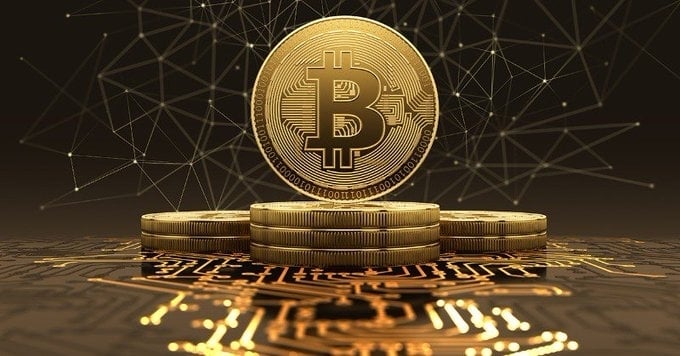Publisher: Maaal International Media Company
License: 465734
Cryptocurrencies 2025: IMF’s reservations and Trump’s promises in focus
It is expected that during the return of US President Donald Trump to the White House, there will be greater legislation for digital currencies, as he is considered one of their strongest supporters, and he made big promises during his election campaign months ago, where he promised to make his country “the planet’s capital for cryptocurrencies.”
He announced the nomination of Paul Atkins, the former Commissioner of the Securities and Exchange Commission, to manage the regulatory body on Wall Street, who is considered one of the strongest supporters of cryptocurrencies.
Cryptocurrencies have managed to infiltrate all parts of the world within 15 years, and the value of Bitcoin reached $100,000 during the current month after its value at the beginning of its trading in 2009, when it was worth $0.10. In light of the US President’s desire to legislate these assets more and make them more regulated, what is the point of view of international financial institutions such as the International Monetary Fund and the Financial Action Task Force.
اقرأ المزيد
The IMF believes that it is difficult to apply existing regulatory frameworks to crypto assets or to create new ones because the cryptocurrency world is witnessing rapid developments, and regulators face challenges in acquiring the talent and learning the skills needed to keep pace with this development due to their limited resources and the presence of many other priorities. There is also difficulty in monitoring cryptocurrency markets due to the lack of data, as regulators face challenges in monitoring thousands of participants who may not be subject to the usual disclosure or reporting requirements.
The Financial Action Task Force (FATF) believes that cryptocurrencies facilitate international payments and provide payment services to populations that do not have access to regular banking services, but due to their global spread, they pose potential risks in relation to combating money laundering and terrorist financing, due to the anonymity provided by trading virtual currencies on the Internet and the difficulty of verifying the identity of participants in addition to the lack of clarity regarding the responsibility for compliance with anti-money laundering and terrorist financing and its supervision and implementation in relation to these fragmented transactions across many countries.
The important thing is the absence of a central oversight body. Cryptocurrencies are widely used by money laundering and sanctions evasion gangs, according to the British National Crime Agency, due to the ease of concealment and the inability of regulators to track the money. The question is whether the United States will succeed in convincing the world and international financial institutions to adopt the regulation and legislation of cryptocurrencies, or are they just promises?








